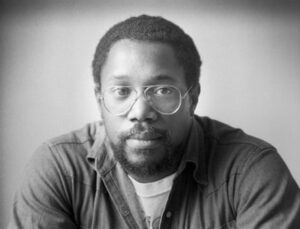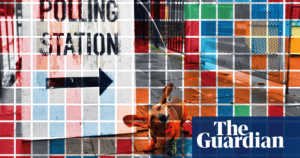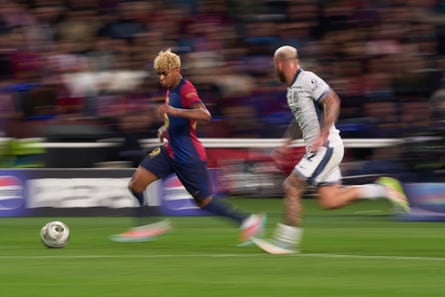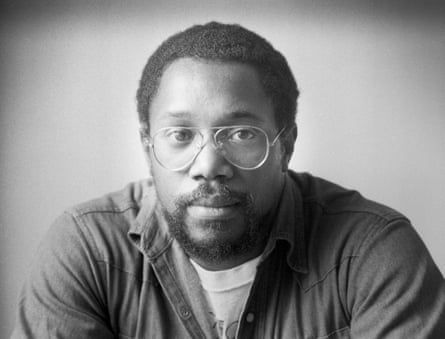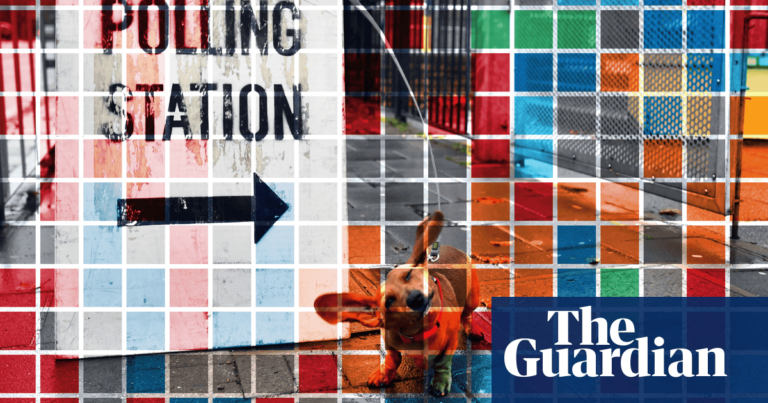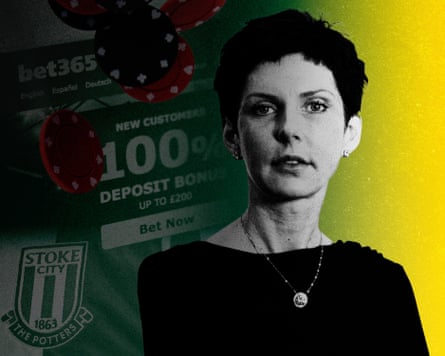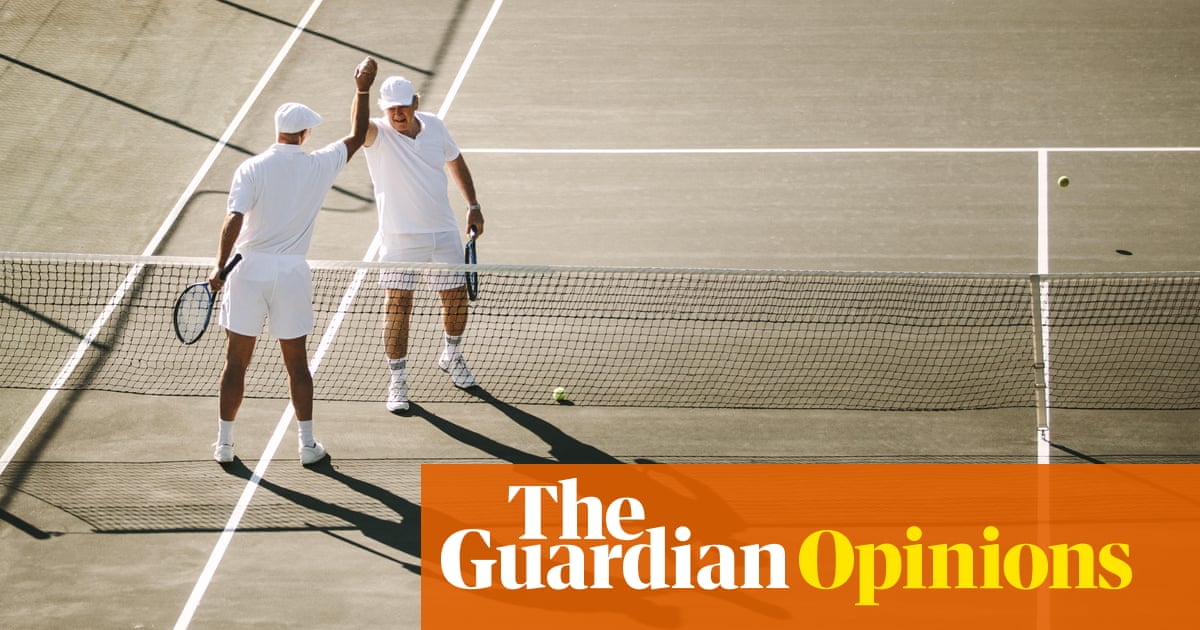
Six months after moving back to the New England region I experienced a quiet hour of panic, wondering why I’d so blithely swapped the suburbs for the district I was born in. Seven years on, I realise it was the identity crisis I needed – but what really helped was taking up social tennis.
I admit to spending decades running from the bush. If I’d stayed on the family farm at Myall Creek I’d have become a third-generation grazier, a country teacher or solicitor. These perfectly respectable careers were identities handed to me on a plate, yet I’d shuffled off all my birthrights to become an artist, journalist and equality campaigner.
Now, I’m better known locally as a grade 4 player at my local tennis club. That’s third rung from the bottom, and it suits every aspect of me just fine.
Much has been written on the challenges for treechangers drawn to country towns by lower property prices. Such major moves have hidden costs and can lead to isolation and loss of identity.
Clearly, it takes a lot more than financial freedom to live a long-term, harmonious existence in the bush. A sustainable move out here also means being prepared to take your edges off when going out in public.
That’s where tennis comes in. Invited to play for our local club in 2022, my husband and I came out of the woodwork for a friendly trial of our skills with local long-term members. Richard and I are both over six feet tall and played tennis in our youth, so our opponents stood well back anticipating big-hitting moves. He threw the ball up for his first serve, but it landed on his head as his racket completely missed. The other players subtly moved closer to the net, and we made the draw close to the bottom in grade 5.
It wasn’t a shock. Always picked last for school teams, neither of us was ever much good at any sport, and being thrust into a competitive summer tournament of mixed doubles was a steep learning curve. Yet despite tennis elbow, sore ankles, a bruised rib and the odd rally where ideological worlds collide, we’re loving it.
-
Sign up to receive Guardian Australia’s fortnightly Rural Network email newsletter
We’ve played through local, state and federal elections and a referendum; times where our identity as progressive thinkers and voters comes into direct opposition with the majority of our club. But somewhere between home and the courts, we’ve learned to temper ourselves.
“It’s peacemaking,” a local friend and journalist said when I confessed to struggling with this process. Like me and Richard, she’s got yet another identity: regional returner. Born and raised in the bush, we all left for education and career opportunities elsewhere but returned to live in the country when the internet and remote work allowed us to have the best of both worlds.
Despite the slight split personality required, I’ve been pleasantly surprised to find quiet agreement with many locals when it comes to politics. Tens of thousands of us decline the standard of messaging from current leaders in the New England region, and having lived as a proud member of a minority group, that’s enough for me to stick around my place of origin.
During tennis tea breaks, when there’s time to chat about the news of the week, I’ve recognised the way key locals change the subject with diplomacy skills most politicians would give their right arm for. The aim is not to silence anyone, nor is it to agree or disagree. The desired outcome is social cohesion.
With suicide and self-harm rates on the increase in the bush, simply getting along as a community has become a critical issue.
According to the National Rural Health Alliance (NRHA), the impact of suicide is magnified in rural, regional and remote areas.
“Each individual’s wellbeing often hinges upon their connectedness to other people within their home town or region,” the NRHA 2021 report states.
This is particularly important in places where there are very few or no mental health support services.
after newsletter promotion
There are, however, many sporting clubs. There is a sense of wellbeing from participating in social pastimes governed by a set of standard rules. Eventually, you develop the ability to temporarily connect, even with those with whom you completely disagree on just about everything.
It also explains something that took place at the Myall Creek Hall, where my parents played social tennis. During afternoon tea when I was about seven, my mother whispered the story of the infamous massacre that happened along the creek from the courts in 1838. That whispered knowledge planted the seed of progressive thinking that defines me off the court.
It’s not all small talk in the clubhouse. During quiet moments between matches I’ve joined conversations about addiction, LGBTQ+ equality, suicide, the health system and the increase in homelessness in rural Australia. Listening to other points of view has encouraged me to play fair, and when I take up the opportunity to express mine, the common ground works both ways.
After going up a grade last year, and playing on the winning team in the 2023-24 summer tournament, I’ve been given tips to improve my serve and am quietly training my sights on grade 3.
Regardless of my fortunes, I’ve applied some off-court skills to research the history of tennis. The trigger: being asked by another club member (of wildly divergent politics to mine) about the origins of the game.
I’ll be able to go back and report that tennis has long been an arena for social and gender equality, LGBTQ+, mavericks and misfits.
If I manage to deliver that news with the right touch, it’ll be a grade 1 serve.
-
Michael Burge is a Deepwater-based author and journalist. His novel Tank Water is out now from MidnightSun Publishing
-
Sign up for the Rural Network email newsletter
-
Join the Rural Network group on Facebook to be part of the community
Source: theguardian.com
